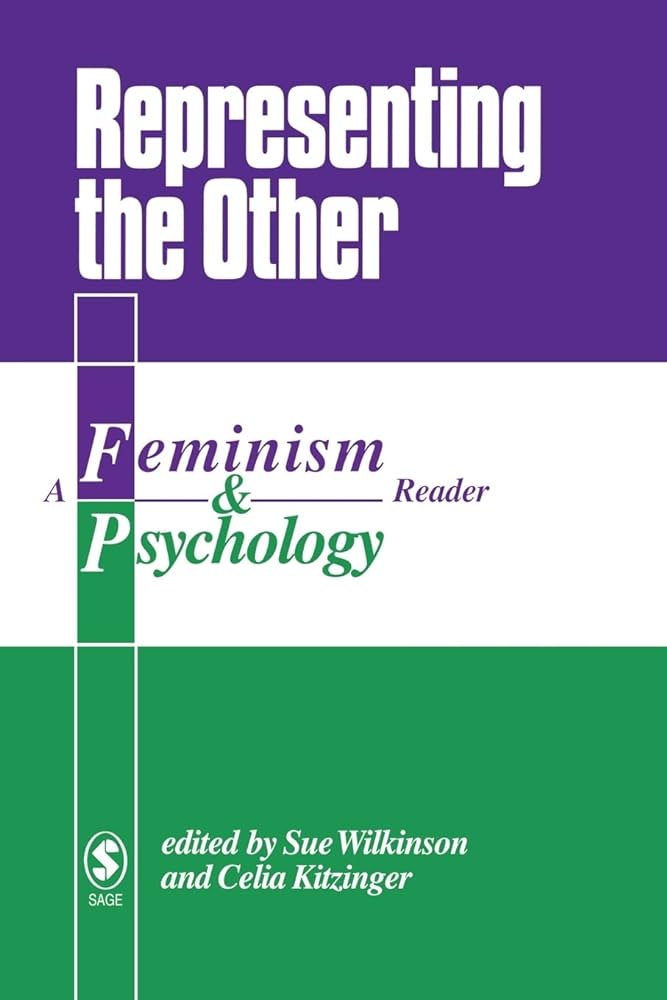Vulnerable advantages: Re-searching my self while navigating queer identity, research ethics, and emotional labour
IF 2.2
3区 心理学
Q2 PSYCHOLOGY, MULTIDISCIPLINARY
引用次数: 1
Abstract
Using an autoethnographic approach, I reflect on and unpack my journey towards my doctoral research on queer South Africans of Indian descent. I demonstrate how my decision to become an insider-researcher forced me to confront personal resistances towards turning the academic gaze upon myself. Although my journey towards intersectional LGBTQ+ research began with a yearning for epistemic visibility, prompted by a curious search for psychological literature about people like me, I now grapple with a flip side—doing the emotional labour of visibility and managing my vulnerabilities. Drawing on Gloria Anzaldúa's feminist theory of Borderlands, I (re)conceptualize these vulnerabilities as vulnerable advantages, that is, liminal spaces of heightened reflexivity that can ignite psychopolitical potential in scholar-activism. I discuss and theorize the productive possibilities of these emotionally complex spaces by drawing on four interconnected life experiences related to the epistemic, ethical, artistic, and activist dimensions of vulnerabilities. I consider the emotional labour embedded in researching insider communities, and my anxieties about traversing through these psychosocial conflicts. I argue that reflecting on one's own vulnerabilities can provide researchers with unique perspectives as scholar-activists. These vulnerable advantages exist because of—not in spite of —one's initial trepidations as valuable psychopolitical and decolonial resources.易受伤害的优势:重新探索我的自我,同时导航酷儿身份,研究伦理,和情绪劳动
用一种自我民族志的方法,我反思并解开了我对印度裔南非酷儿的博士研究的旅程。我展示了我成为一名内部研究者的决定是如何迫使我面对将学术目光转向自己的个人阻力的。虽然我对LGBTQ+交叉研究的旅程始于对认知可见性的渴望,这是由于我对像我这样的人的心理学文献的好奇搜索,但我现在正在努力解决另一个问题——做可见性的情感劳动和管理我的弱点。借鉴Gloria Anzaldúa的《无主之地》女权主义理论,我(重新)将这些脆弱性概念化为脆弱的优势,也就是说,高度反身性的有限空间可以点燃学者行动主义的心理政治潜力。我通过与脆弱性的认知、伦理、艺术和行动维度相关的四个相互关联的生活经历,讨论并理论化了这些情感复杂空间的生产可能性。我考虑了研究内部社区所隐含的情绪劳动,以及我对穿越这些社会心理冲突的焦虑。我认为,反思自己的弱点可以为研究人员提供作为学者活动家的独特视角。这些脆弱的优势之所以存在,是因为——而不是尽管——人们最初的恐惧是宝贵的心理政治和非殖民化资源。
本文章由计算机程序翻译,如有差异,请以英文原文为准。
求助全文
约1分钟内获得全文
求助全文
来源期刊

Feminism & Psychology
Multiple-
CiteScore
3.30
自引率
11.10%
发文量
51
期刊介绍:
Feminism & Psychology provides a forum for debate at the interface between feminism and psychology. The journal"s principal aim is to foster the development of feminist theory and practice in – and beyond – psychology. It publishes high-quality original research, theoretical articles, and commentaries. We are interested in pieces that provide insights into the gendered reality of everyday lives, especially in relation to women and girls, as well as pieces that address broader theoretical issues. Feminism & Psychology seeks to publish work from scholars, researchers, activists and practitioners at all stages of their careers who share a feminist analysis of the overlapping domains of gender and psychology.
 求助内容:
求助内容: 应助结果提醒方式:
应助结果提醒方式:


